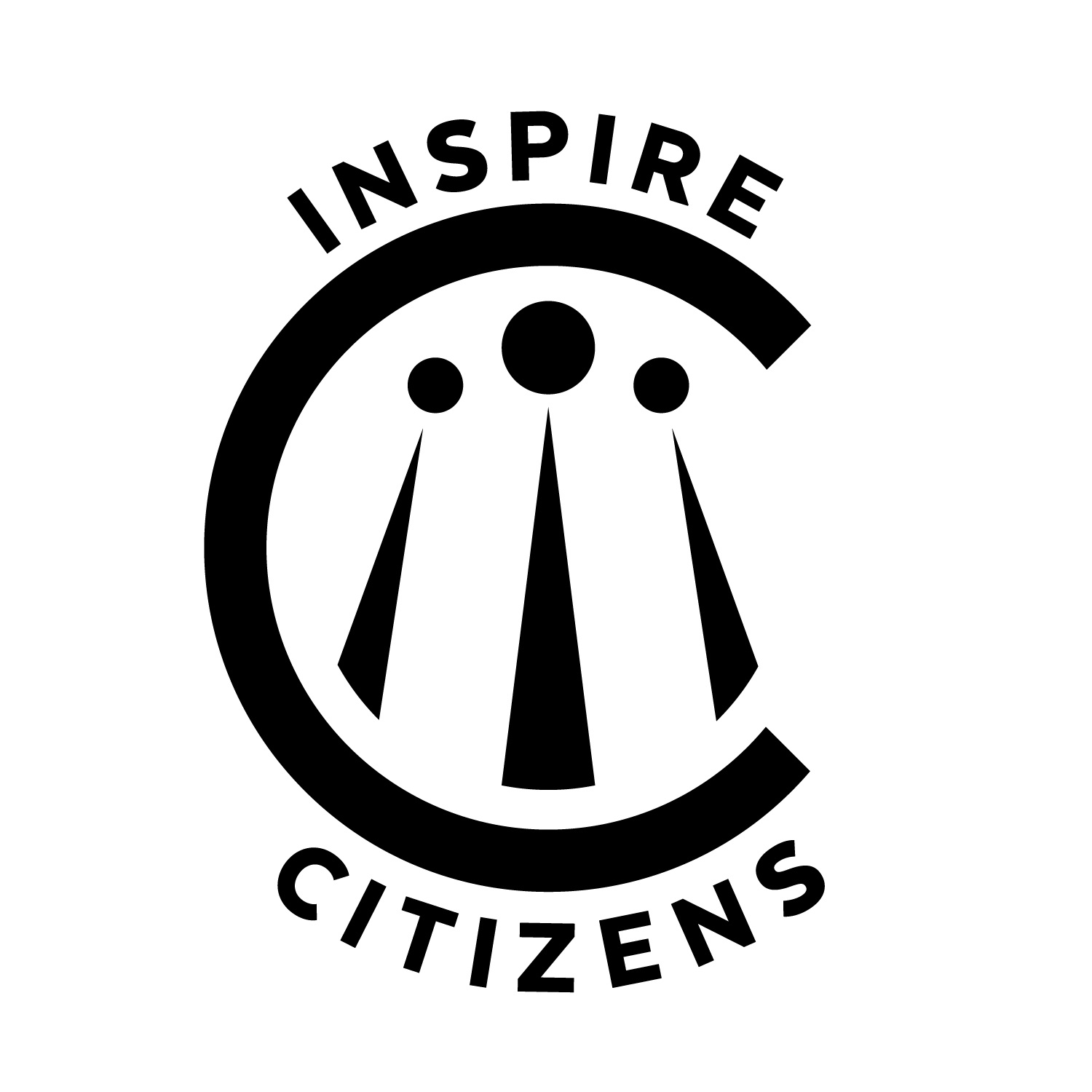Achieving Harmony Through Deeper Identity Development in Early Secondary School Students
It’s definitely a win-win when a school community develops an improved sense of harmony on a macro level and can also track inner development for its students at critical stages of development.
In fact, these two goals are quite tethered, explains Jennie Purvis, a social-emotional counselor at Seoul Foreign School in South Korea.
With a long pedigree of educational experiences in a variety of contexts, Jennie also leans into her extensive time spent in Korea as she seeks to enhance the social-emotional education of the 9th grade class as a whole.
““We were aiming to improve relationships, empower conflict resolution and just help people live peacefully and harmoniously.””
Always open to improvement as an educator, Jennie recalls the start of her current journey with the whole 9th grade class: “My colleagues taught a very successful course on cultural identifiers and it led me to think that we had an opportunity to help students deepen their understanding of themselves and of each other,” she adds.
Selecting Educational Outcomes That Resonate with the Cultural Context
The context of SFS being located in what’s often called “the land of the morning calm” lends weight to the goals set by Jennie and her colleagues. The high value of harmony within society is known to all who have spent time in the peninsular country. Jennie’s list of hoped-for outcomes was ambitious, she recalls: “We were aiming to improve relationships, empower conflict resolution and just help people live peacefully and harmoniously.”
Further alignment with principles of the SFS mission and values leaps out of their Belonging Statement, which affirms an overarching community commitment to being a place where “all are known, cared for, belong, and thrive.”
And as the school continues to utilize strong International Baccalaureate educational frameworks, the broader view of inclusivity and equitability is critical. According to the IB’s published directives, they aim to allow, “all IB learners to have equal opportunities to learning pathways, learning experiences and educational recognition.”
Collaborating for Cultural Identity Mapping
On her continuing journey to grow as a counselor and educator in the realm of diversity, equity, inclusion and justice (DEIJ) she welcomed the opportunity to collaborate with specialists who could help map a pathway forward for the 9th grade community - and ultimately others - at SFS. Fortunately, Aaron Moniz, co-founder of Inspire Citizens, was available to do some remote preparation and onsite modeling with Jennie and her colleagues.
Embracing the International School Counselor Association (ISCA) Standards, Aaron launched the class forward toward Standard 1 which emphasizes social and self-awareness relationships. Jennie recalls the clear model that was presented as Aaron challenged students to identify key influences in their social outlook by looking inwards as well.
“Aaron shared a map of what all his cultural groups were and all his identity markers and all of the things that were influencing him and his decisions and beliefs,” recalls Jennie. “Then the students did that themselves.”
An important step was the follow-up in smaller foundation class settings, explains Jennie. Going forward, Jennie applauds a coming change at SFS that will see even more opportunities for building student-to-student and student-to-teacher relationships through small group interactions.
Cultural groups and other identity markers can help students gain insight into the influences that impact their decisions and beliefs.
Approaching Inclusion Organically
Natural connections between ISCA Standard 2 and an international school’s diverse population lead to broader reflection opportunities about “Global Perspectives and Identity Development”. Peer-to-peer sharing and teacher-led activities, if intentionally designed, lay the groundwork for inclusion.
“Aaron’s approach to values took students back to their identity maps,” explains Jennie. Students were not only challenged to identify their own values which flowed from their identity but they explored possible conflicts that might emerge within their relationships. By examining their own entrenched perspectives and biases, students were able to take a leap forward toward understanding sources of disharmony in their own lives and in their wider communities.
Both individual reflection and peer-to-peer sharing were utilized as 9th Grade SFS students were guided in learning activities driven by ISCA Student Standards.
Lessons Learned & Moving Forward
Citing several strong outcomes of this collaboration, Jennie appreciates the contribution that her work with Inspire Citizens is making to DEIJ perspectives at SFS.
“I feel really proud of what Aaron and I were able to put together and lead,” she says. This intentional initiative may be coming from the social-emotional counseling realm, but it is resonating with existing initiatives such as decolonizing literature analysis and creating a common language of inclusion.
“My hope,” says Jennie, “is that we will see this important work articulated across the grades to a deeper level.” With successes already noted in the 9th grade the students themselves are likely to carry forward their higher expectations for advocacy and equity as they move through secondary school and beyond.


